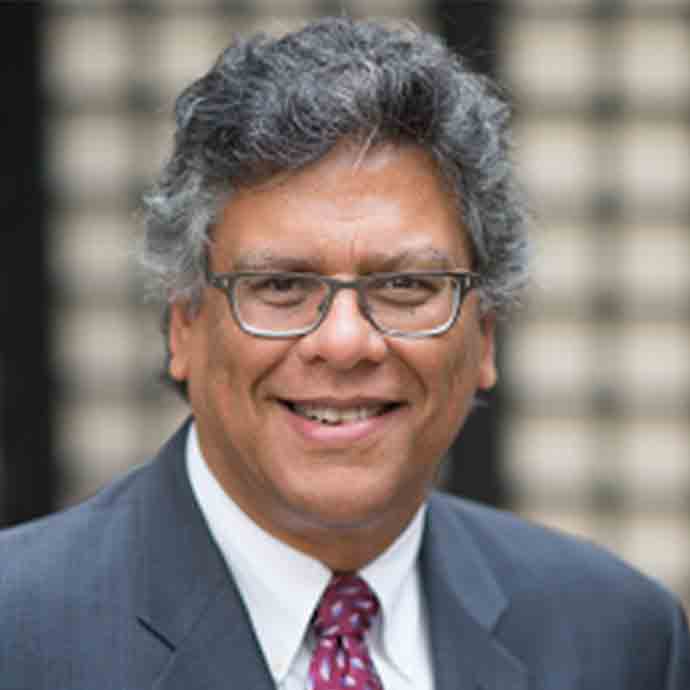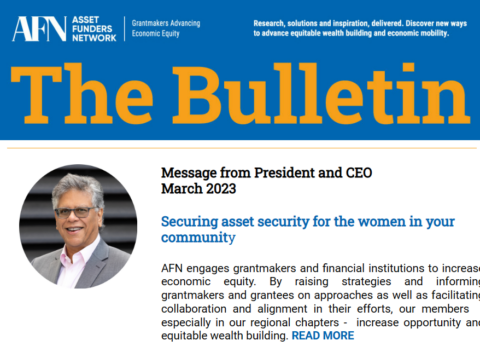 FROM THE DIRECTOR
FROM THE DIRECTOR
JANUARY 2019
“A man dies when he refuses to stand up for that which is right. A man dies when he refuses to stand up for justice. A man dies when he refuses to take a stand for that which is true.” – Martin Luther King Jr. (March 6, 1965)
Usually, the New Year is a time to consider the past year and optimistically look toward the future. In 2019, it has become more difficult without standing up.
Income volatility was needlessly imposed upon federal government employees as well as private and non-profit contractors. Stable employment across many disciplines was made unstable with extreme financial risk. Indeed, this situation, triggered over an unrelated budget issue, meant a cost to the economy of over $11 billion in lost wages to Federal employees and contractors as well as the ripple effect revenue to local economies. This unwarranted disruption and failure to pay for work challenges the shared notion of employer obligations to employees that we all hold.
The shutdown also revealed a deeper concern in our economy. Having available resources to pay bills and survive when an unpredictable disaster visits a hard-working American family was highlighted as a severe economic weakness. Most households lack the savings to survive the loss of two paychecks.
Our Federal workers revealed what most Americans would have to do when faced with an income disruption:
- exhaust any savings and turn to credit cards
- sell something they own
- raid retirement or other earmarked savings
- turn to high interest payday, auto title or pawnshop loans
- take the difficult step of going to the food pantry
Are there smarter alternatives? Not nearly enough exist.
As the news reflected, most financial institutions do not as a regular business product provide low-interest loans for eventual payment of wages by an employer since that is simply not an expected employer behavior. Even our safety net system for employees is not well suited to such employer behavior (to get unemployment you are required to search for new employment). The general economic cost of the shutdown, and the employer behavior requiring household asset depletion, will continue to adversely affect all of us.
The shutdown exposed two fault lines for low and middle income households. They do not hold enough assets to weather disruptions and inequity exacerbates the lack of assets. The tools and systems are not in place to provide access to solutions.
AFN is certain that employer imposed unpredictability is not any way to build opportunity, prosperity or, much less, a middle class. To start, the shutdown needs to not be repeated—workers must be paid in a timely way. We must do better.
In this new year, at the direction of our members, AFN will redouble our efforts to advance ways for expanding opportunity and prosperity that is inclusive and equitable.
Whether it is looking at the public or private sector, employees need to have the opportunity to prosper economically. Increased productivity and return on investment is still a major value of the workforce. The beneficiary should be both the owner(s) and the employees. Upward economic mobility needs to be reinvigorated as a possibility. Philanthropy is moving increasingly to understanding that we need to test new systemic approaches and policies.
This is why our next Closing the Women’s Wealth Gap efforts include a focus on two critical issue areas — women’s business ownership and a generational approach to building women’s wealth. Unlocking Assets: Building Women’s Wealth Through Business Ownership will shed new light on the barriers impacting women’s ability to build wealth through business ownership and identifies the most promising approaching to making business ownership a wealth building strategy. Clipped Wings addresses the systemic challenges facing Millennials, including an economy stacked against them and calls for philanthropy to be bold and test innovating ways to change the systemic barriers.
Our Work and Wealth Task Force and Employer-Based Financial Coaching are also exploring ways of rethinking the role of employers. Can they move to correct the anti-prosperity weaknesses in too many employer-employee contracts. This year’s at ANF’s national conference in San Antonio, we will focus on and discuss ways philanthropy can foster increased employee ownership.
In 2019, AFN will also continue to identify actionable ways for philanthropy to close the unjust gender, race and ethnic chasm between the wealth of white men and everyone else. If you agree we need to discuss the hard questions and rethink the systems, assumptions, and underlying beliefs that limit opportunity and economic stability and mobility, join us—attend the AFN conference in San Antonio, May 7-9—and stand up to reimagine how potential is optimized.


